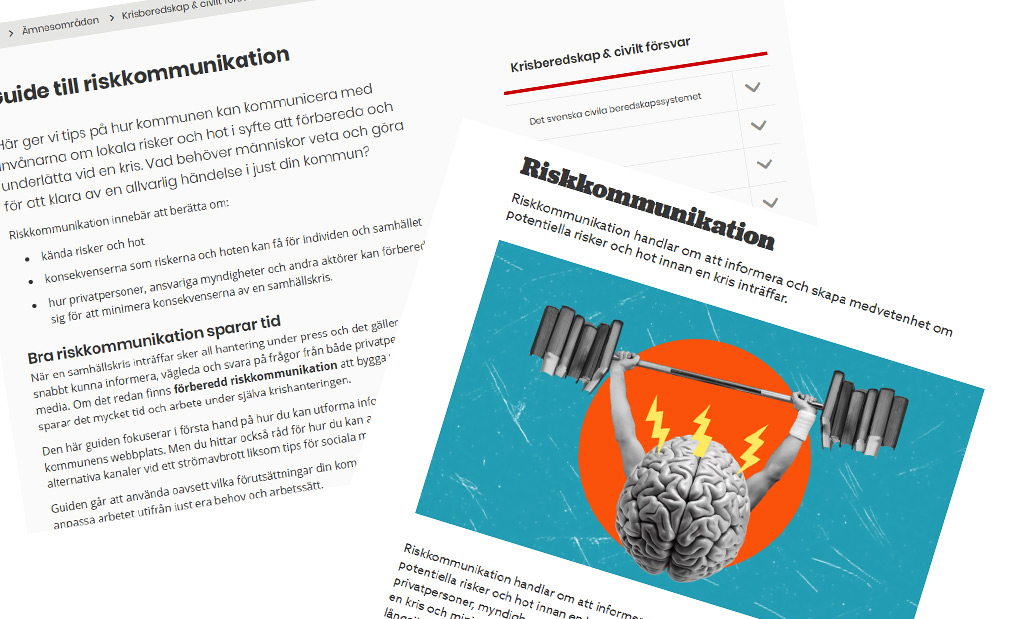Have you really been nudged by sustainable companies?

The Bachelor thesis by Lovisa Nilsson Eskesen, Johanna Sternberg, and Alexandra Andersson sheds light on the use of nudging practices in sustainable companies. In recent times, nudging has been expanded to marketing applications beyond its initial focus on nudging people to make healthier and more sustainable choices. The thesis underlines that nudges may be used for several purposes. It hereby makes no difference whether the organization is sustainable or not; a sustainable organization might even use nudges in ways that are disconnected from their sustainability goals. In some cases, they even found that—instead of promoting sustainable decisions—companies used nudging to "trick" their consumers into conspicuous consumption. The findings make an important contribution to critical marketing research.
What is Nudging?
Nudging was first described by Richard Thaler and Cass Sunstein in their groundbreaking book "Nudge". To illustrate the act of nudging, they decided to use an elephant mother gently nudging her young calf in the right direction." However, there are two different definitions of nudging, one that is connected to sustainable development and another one that is not.
We have explored how managers interpret the term “nudging” and how an organization’s underlying incentives affect the use of nudging in practice. We also investigated the implications of the dualistic definitions of nudging.
Why Nudging and what is the challenge?
When further investigating information about nudges and how they might be used, it was found that nudges could solve one of the persistent challenges of sustainable marketing: convincing people that the sustainable choice is the right choice. Our research explores whether outspoken sustainable organisations are using nudges exclusively to encourage people to take sustainable decisions or whether it could be the case that sustainable organisations are focused on increasing their consumption and thus use nudges to improve sales instead of changing consumer attitude towards sustainable products and services.
We learned that a majority of the organisations that participated in the study have the main incentive of earning money when using nudges, despite their sustainability agenda. Another finding was that only one organization exclusively followed the definition of nudging that is connected to sustainability. During the interviews we could also see some inconsistency in how managers defined and understood nudging, depending on whether the interviewee talked about a theoretical definition or the way in which the organization uses nudges.
Conclusion
Do not be tricked into thinking that sustainable organizations that use sustainable marketing and nudges do so only to increase sustainable consumption. Some of them are still most concerned with increasing their sales.
https://www.linkedin.com/in/lovisa-nilsson-eskesen-52617b14a
Detta är en bloggtext. Det är skribenten som står för åsikterna som förs fram i texten, inte Jönköping University.





